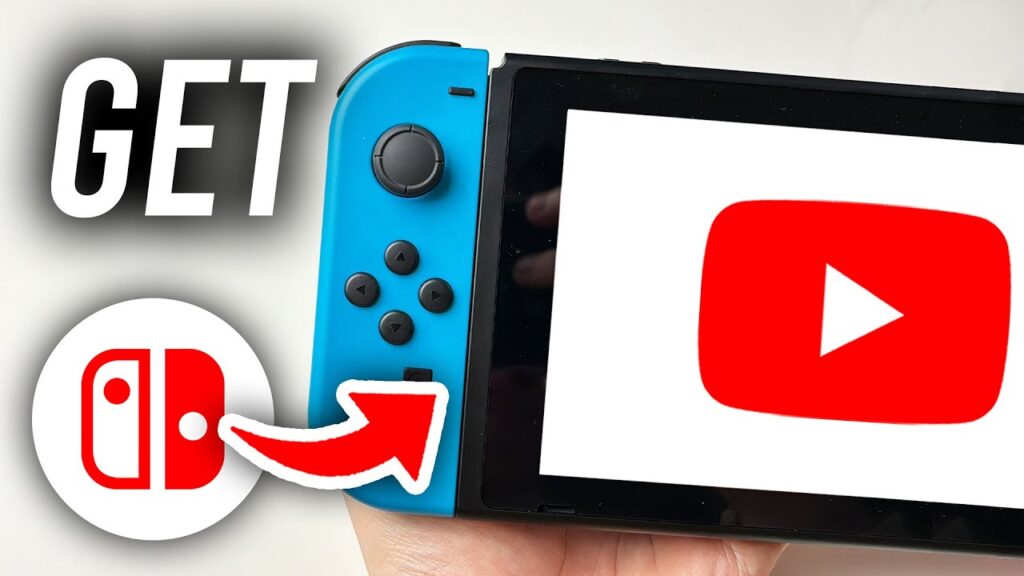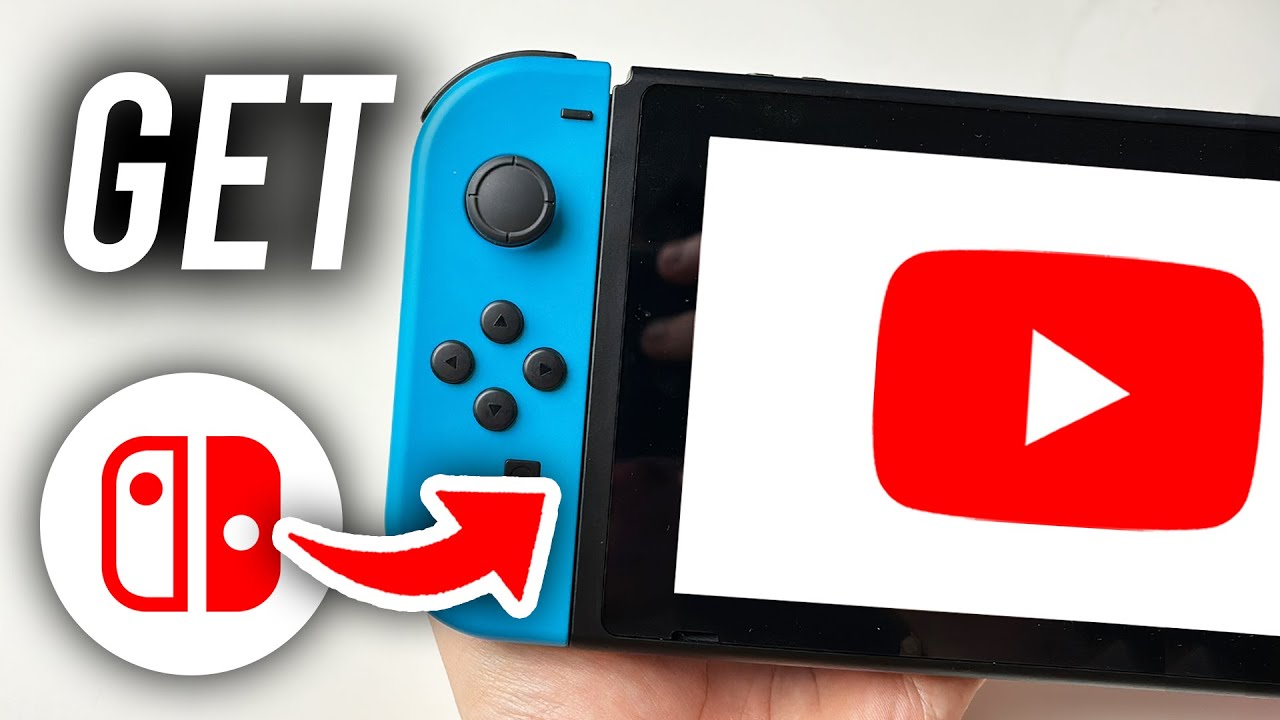Nintendo has taken a strong stance against unauthorized modifications of its popular gaming console, the Nintendo Switch. On July 2, 2024, the gaming giant filed two new lawsuits targeting individuals and entities involved in the creation, distribution, and use of modding tools that circumvent the console’s security features. This article delves into the details of these lawsuits, Nintendo’s history of legal actions against modding, and the broader implications for the gaming community.

The New Lawsuits: Details and Allegations
Case 1: Targeting Modding Tool Distributors
The first lawsuit is directed at a prominent distributor of modding tools. This entity has been accused of selling hardware and software modifications that enable users to run pirated games and unauthorized software on their Nintendo Switch consoles. Nintendo’s legal team alleges that the distributor has caused significant financial harm by facilitating piracy, which undermines the company’s revenue from legitimate game sales.
According to the lawsuit, the distributor has been operating an online store that offers a variety of modding tools, including custom firmware and hardware chips designed to bypass the Switch’s security measures. Nintendo’s complaint highlights several instances where these tools were used to play pirated games, directly impacting sales of popular titles.
Case 2: Pursuing Individual Modders
The second lawsuit targets individual modders who have created and shared software tools that exploit vulnerabilities in the Nintendo Switch’s operating system. These individuals are accused of developing custom firmware that allows users to install and run unlicensed games and applications. Nintendo’s legal documents outline the steps taken by these modders to promote their tools on various online platforms, including social media and forums.
In this case, Nintendo argues that the actions of these modders not only violate the Digital Millennium Copyright Act (DMCA) but also breach the terms of service that users agree to when purchasing and using the console. The lawsuit seeks to obtain injunctions to halt the distribution of the modding tools and to recover damages for the financial losses incurred due to piracy.
Nintendo’s History of Legal Actions Against Modding
Previous Lawsuits and Settlements
Nintendo’s aggressive legal stance against modding is not new. Over the years, the company has filed multiple lawsuits against individuals and groups involved in creating and distributing modding tools. One of the most notable cases involved Team Xecuter, a group known for producing modchips and custom firmware for the Switch. In 2020, Nintendo successfully sued several members of Team Xecuter, leading to significant financial penalties and jail sentences for the individuals involved.
In another high-profile case, Nintendo sued the owner of a popular ROM website that hosted pirated copies of classic Nintendo games. The lawsuit resulted in a substantial settlement, with the website owner agreeing to pay millions of dollars in damages and permanently shut down the site.
Legal and Ethical Considerations
Nintendo’s legal actions raise important questions about the balance between protecting intellectual property and respecting consumer rights. While the company has a legitimate interest in safeguarding its products from piracy and unauthorized modifications, critics argue that these lawsuits can stifle creativity and innovation within the gaming community.
Modding has a long history in gaming culture, often enhancing the gaming experience by adding new features, improving graphics, or creating entirely new game modes. However, the line between acceptable modifications and illegal activities can be blurry, leading to contentious debates about the ethical implications of modding.
The Broader Implications for the Gaming Community
Impact on Modding Culture
Nintendo’s ongoing legal battles against modding have had a chilling effect on the broader modding community. Many modders now operate with increased caution, aware that their activities could attract legal scrutiny. This environment of fear and uncertainty can stifle the creativity and innovation that modding often brings to the gaming world.
Despite the risks, some members of the community continue to push the boundaries of what is possible with modding. They argue that their work is driven by a passion for gaming and a desire to enhance the user experience. For these individuals, the potential legal consequences are a necessary risk in the pursuit of their creative goals.
Legal Precedents and Future Actions
The outcomes of these new lawsuits could set important legal precedents for future cases involving console modding. If Nintendo succeeds in obtaining favorable judgments, it could embolden other gaming companies to take similar actions against modders and distributors of modding tools. This could lead to a wave of legal actions that further restrict the activities of the modding community.
Conversely, if the defendants in these cases manage to mount successful defenses, it could challenge the legal grounds on which such lawsuits are based. This might encourage a reevaluation of the laws surrounding console modding and lead to more nuanced regulations that balance the interests of gaming companies and consumers.
Conclusion: Navigating the Complex Landscape of Modding
Nintendo’s latest lawsuits against Switch modders highlight the complex and often contentious relationship between gaming companies and the modding community. While the company has a legitimate interest in protecting its intellectual property and combating piracy, the broader implications of these legal actions cannot be ignored.
As the gaming industry continues to evolve, it is crucial to find a balance that respects both the rights of developers and the creative contributions of modders. Whether through legal reforms or changes in corporate policy, the future of modding will likely depend on the ability of all stakeholders to navigate this complex landscape thoughtfully and collaboratively.
